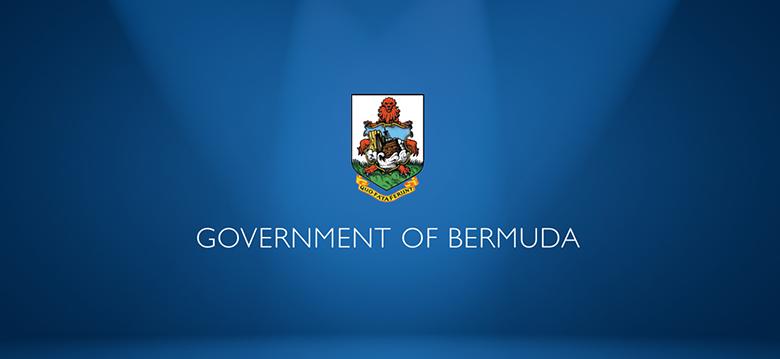Bermuda celebrates contribution to Victory in Europe

~ Key roles in intelligence and Atlantic security ~
Sir Winston Churchill, 1942:
Bermuda has “cause to be proud that it has fallen to your lot to make this important contribution to a better world”
Bermuda will be represented and celebrating Victory in Europe Day, May 8th, and its role in the Second World War.
This will include official attendance to a Service of Thanksgiving on the 80th anniversary of VE Day at Westminster Abbey and at Horse Guards Parade with a dedicated online display of Bermuda’s contribution to the Second World War. https://bdalondonoffice.co.uk/bermudas-contribution-to-the-second-world-war/
From its strategic West mid-Atlantic location, Bermuda played a key role in World War 2, particularly in intelligence and as a key base for the Battle of the Atlantic, both of which Winston Churchill identified as at the heart of allied victory.
Five-hundred and forty-four (544) Bermudians volunteered for war service overseas with 35 dead, including pilots such as Grant Ede who was killed in the Battle of Britain. The island also raised funding for four Spitfires over the war by public subscription in the amount of £21,891 (approximated worth £1.4 million today).
Bermuda’s strategic location made it a critical base for allied operations. The Royal Naval Dockyard was used in anti-submarine training and ship repairs while also maintaining vital supply lines across the Atlantic. The Bermuda flying school on Darrell’s Islands trained 80 pilots for the RAF and Royal Canadian Air Force (RCAF). In 1940, the island became an ´unsinkable aircraft carrier´ when Winston Churchill and US President Franklin D Roosevelt signed a deal allowing the US to build a US airbase in St David´s, as well later as naval and submarine station at Ordnance Island.
As a key way-station between the US and UK, the island also became the hub of a massive intelligence and mail interception operation. The Imperial Censorship Station, located in the basement of the Hamilton Princess Hotel was operated by over 1,000 personnel including British intelligence officers, codebreakers and academics. Many of the censors were young women who were known as the ´Censorettes´. The station´s efforts led to the capture of over 40 German spies, and its most significant achievement was helping dismantle the largest German spy ring in the US which was led by Kurt Freerick Ludwig.
In 1944, the US Navy secretly towed the captured German submarine U-505, along with 57 prisoners, maintaining a fiction it had been sunk to protect the integrity of its codebooks which were then used by the station in Bermuda. The submarine is now the only extant intact U boat sitting in the Museum of Chicago.
The Premier, the Hon. David Burt, JP, MP said, “Bermuda’s contribution to the war effort was significant, and we rightly celebrate, along with our Commonwealth peers across the world the service of those women and men whose personal sacrifice continues to inspire us even today.”